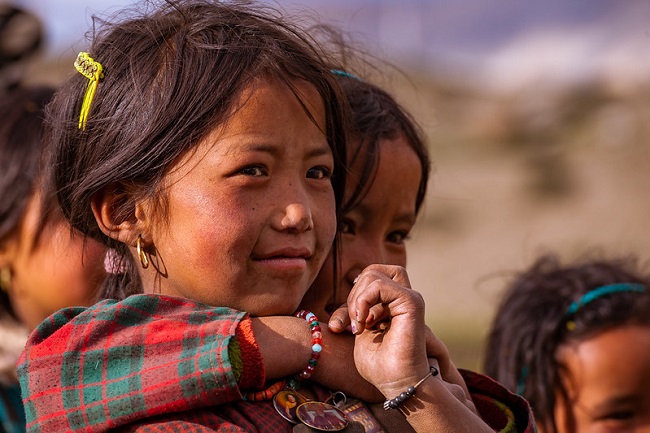Webinar | The Uncertain Future of the Himalaya

The Cultural, Environmental and Political Transformation of the Himalaya
Wednesday 10 February, 3-4.30pm (AEDT)
Watch a recording of the Roundtable
Password: pHyLE95666@u
The purpose of the round table is partly to launch the recently formed Australian Himalaya Research Network, an interdisciplinary group of social sciences and humanities scholars across Australia, engaging with and studying the extreme challenges faced by the Himalayan region.
The Himalaya lives politically as a minoritized borderland of India, China and Pakistan alongside small landlocked states of Bhutan and Nepal. A combination of GDP-led development, massive infrastructure projects enabling greater connectivity, state-to-state military tensions and growing nationalism is producing a profound cultural, political and environmental transformation of the region. To make matters worse, the region’s watershed, which provides water to roughly half of humanity, is experiencing global warming at twice global averages. These challenges only got worse it 2020, with the violent escalation of the India-China border conflict, and the effect of the coronavirus pandemic. This round table is an interdisciplinary and interactive discussion of the interlinked challenges facing the Himalaya with leading Australia-based scholars studying the region. It includes perspectives from political science, international relations, sociology, political geography, anthropology, linguistics and environmental history.
The participants will examine the effects of climate change, urbanisation, militarisation, development, and the role of states and military tension in sustaining and producing critical threats to the region’s fragile environmental, cultural and political balance.
Panelists:
Dr Alexander Davis (University of Western Australia) (Chair)
Dr Ruth Gamble (La Trobe University)
Dr Georgina Drew (University of Adelaide)
Dr Mona Chettri (UWA)
Dr Gerald Roche (La Trobe University)
Dr Lauren Gawne (La Trobe University)
